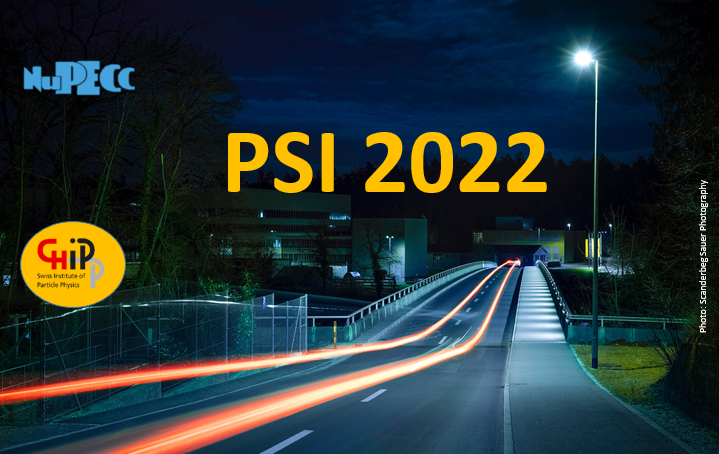Speaker
Description
At the Paul Scherrer Institute we are developing of a high precision instrument to measure the muon electric dipole moment (EDM) using the frozen-spin technique. The presence of a permanent EDM in an elementary particle implies Charge-Parity symmetry violation and, within the context of the Standard Model, the electric dipole moment of elementary particles is extremely small. However, many Standard Model extensions predict large electric dipole moments.
Recently the muon EDM has become a topic of particular interest due to the tensions between theory and experiment in the magnetic anomaly of the muon and the electron as well as hints to lepton-flavor universality violation in B-meson decays. The frozen-spin method suppresses the anomalous precession of the muon spin, thus increasing the signal-to-noise ratio for signals due to an EDM allowing to reach a sensitivity that is unattainable by conventional g-2 muon storage rings. With this technique the expected statistical sensitivity for the EDM after a year of data taking is $6\times 10^{-23}~e\cdot$cm with the p=125 MeV/c muon beam available at the PSI.
To reach this goal it is necessary to perform a comprehensive analysis on spurious effects that mimic the EDM signal. This work discusses a quantitative analysis of systematic effects for the frozen-spin method applied to the search of the muon EDM. Specifications of the required control of the precision of electric and magnetic fields as well as the detection efficiencies of the detectors were analytically derived and validated by simulation.

